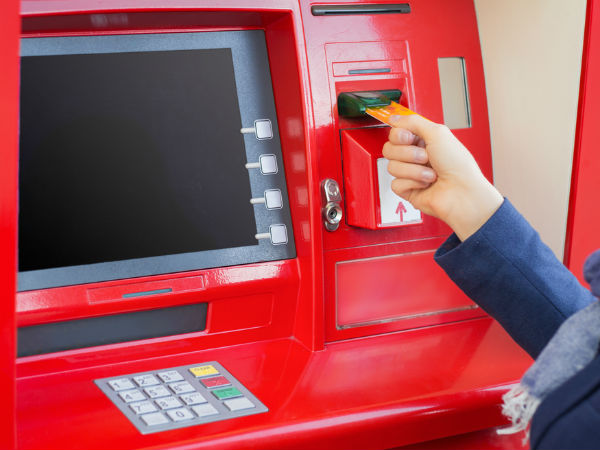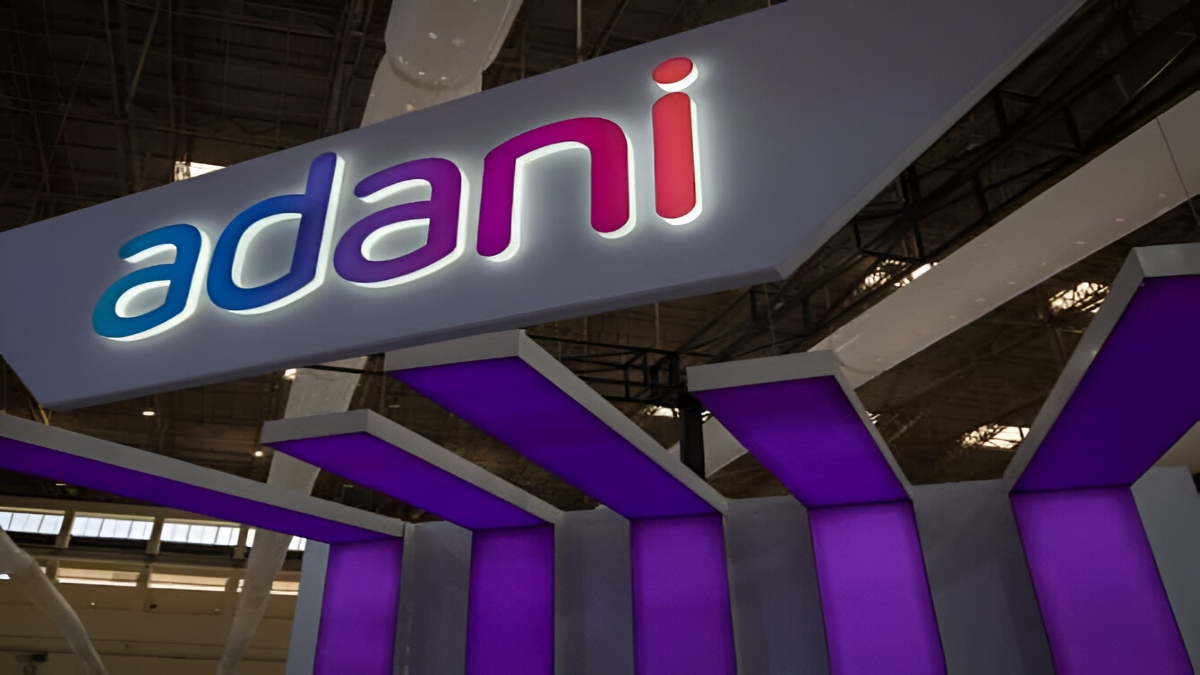Credit Or Forex Cards: Which Is A Better Payment Option During Foreign Travel?
Heading for an international destination in the summer holiday season and you are still to decide on the payment mode you would opt for your various financial transactions in the foreign land. Here we tell you how forex cards are more cost-effective than the usual credit cards. But before that, we will detail some must-know points on forex cards.

What are forex or prepaid cards?
Prepaid forex cards are the safest option as against cash to meet the different foreign currency transaction requirements during your international travel. The card is PIN enabled offering it protection and can be swiped for all the transactions. If you are on a visit to a single foreign country, it is better to load the currency of the same country on the card. Nonetheless, the card allows loading of multiple currencies on one card.
Though, the maximum amount which is allowed to be carried or loaded as per the RBI's Liberalised Remittance Scheme (LRS) is equivalent of $2.5 lakh per individual per annum.

How and from where to get a prepaid forex card?
The forex card can be secured from the bank or an authorized money changer or forex dealer. All you need to do is fill the applicable form providing all the relevant details including personal information, amount of foreign currency, submit a self-attested copy of your passport, visa etc. You need to choose the card depending on your need.

How forex cards score over credit cards?
Forex cards offer a convenient way as against credit cards during foreign travel as any foreign currency transaction executed abroad using Indian credit card entails heavy conversion or mark up charges which varies across currencies, credit card issuer and merchant entity and usually ranges between 3.5-5%.
Here are a number of other factors that make forex card a better choice in comparison to credit cards:

Mark up or conversion charges:
Mark up or conversion charges are levied in case of cross-currency transaction. So, if your forex card is loaded with the same currency as the transaction currency, no cross-currency mark-up fee is charged. However in a case, when the currency in transaction is different from the one loaded in your card, you need to incur up to 3.5% of the transaction value as a cross currency mark-up fee.
To avoid this charge you can also choose zero cross currency conversion forex cards that enable transaction in any of the currency at zero conversion charge or cost.
Nonetheless, if you swipe your plastic money or credit card abroad, you cannot skip the cross-currency mark up charge by any means and it ranges between 2-3.5% of the transaction value.

With Forex cards, forex rates are fixed for you as and when the card is loaded
Credit card transaction while travelling abroad can prove to be costlier in case the foreign exchange rates move higher on the date of settlement of the transaction. This is because the transactions in foreign currency are billed in Indian rupees as per the forex rates determined by the card issuers as on the date of settlement and not on the transaction date.
But with forex cards, the forex rates are locked for you as and when the currency is loaded on the card. This protects the traveller against any sharp fluctuations in foreign exchange rate.

Cash withdrawal fee:
Whenever you withdraw cash using credit card at an ATM, you are charged a cash advance or cash withdrawal fee together with the finance charges. Notably while cash advance fee ranges between 2- 3.5% of the withdrawn amount or Rs. 250, whichever is higher, finance charges can go as high as 47.88% per annum. And in the international country, when you use your ATM for foreign currency withdrawal, the issuer charges up to 3.5% of the transaction value as mark up fee. This further adds up to the cost for you.
Forex cards on the other hand come with lower cash withdrawal fees but there is a pre-specified cash withdrawal limit. The charges depend generally on the withdrawn currency.
































